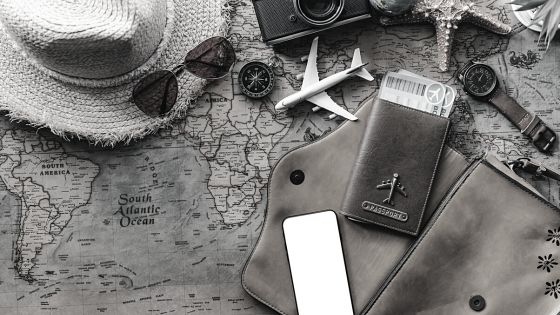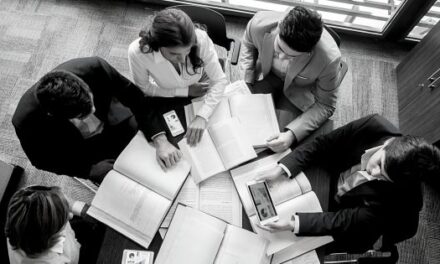In today’s digital age, where our lives are increasingly intertwined with screens, social media has undeniably transformed the way we experience and perceive travel. As a photographer and social media manager in the travel and hospitality industry, I’ve had a front-row seat to witness this remarkable evolution. Let’s embark on a journey to explore how social media has turned mere pixels into tangible travel experiences, with statistics and references to support our insights.

The Visual Temptation: Instagram-Worthy Destinations
One of the most striking ways social media has revolutionized travel is by turning destinations into visual temptations. Instagram, in particular, has emerged as a powerful tool in this regard. With its emphasis on striking visuals, Instagram has elevated certain locations to ‘must-visit’ status purely based on their photogenic qualities.
For instance, the enchanting Santorini, Greece, boasts over 5.7 million hashtags on Instagram as of my last research in September 2022. This picturesque island has become a magnet for travellers seeking that perfect Instagram shot, and its popularity continues to rise.
The Rise of the Influencer: Shaping Travel Trends
Social media influencers have become a driving force behind travel trends. With their ability to reach millions of followers, they have the power to shape our perceptions of travel destinations, accommodations, and activities. Influencers can make a quiet boutique hotel in a remote village seem like the epitome of luxury, or turn a humble food stall into a culinary sensation.
As of 2020, influencers contributed nearly 80% of all travel-related revenue on Instagram. This statistic illustrates their significant impact on travellers’ choices and the travel industry as a whole.
Viral Challenges and the Thrill of Participation
Beyond Instagram, viral travel challenges have taken social media by storm. Challenges like the “#FollowMeTo” campaign have been shared millions of times, inspiring travellers to embark on their adventures. This challenge invites people to recreate the iconic hand-in-hand travel photos, showcasing the beauty of different destinations.
As of my last research, the #FollowMeTo hashtag had been used over 8.5 million times on Instagram. The viral challenge has not only made travel more exciting but has also created a sense of community among travellers worldwide.
Beyond the Filter: Real-Time Updates and Travel Planning
Social media platforms have become invaluable tools for travellers during the planning and navigation stages of their journeys. Real-time updates on platforms like Twitter and Facebook provide crucial information about weather conditions, flight delays, and local events.
Moreover, travel communities on platforms like Reddit or TripAdvisor allow travellers to connect with like-minded individuals, seek advice, and share their own experiences. These platforms have become treasure troves of local insights, helping travellers uncover hidden gems and off-the-beaten-path adventures.
Conclusion: Bridging the Gap Between Pixels and Places
As a photographer, I’ve watched as social media has blurred the lines between pixels on a screen and the world’s most captivating places. It’s not just about capturing memories anymore; it’s about curating experiences that tell a story to our online communities.
Social media has transformed how we discover, choose, and share our travel adventures. It has given us the power to turn ordinary trips into extraordinary journeys, all while inviting the world to come along for the ride. While some may lament the days of disconnected travel, there’s no denying that social media has made our explorations richer, more connected, and more inspiring than ever before. So, embrace the pixels, and let them guide you to the places you’ve always dreamed of visiting.
In this evolving landscape of travel and social media, it’s clear that the pixels on our screens have become gateways to incredible places, connecting us in ways we could have never imagined.






















